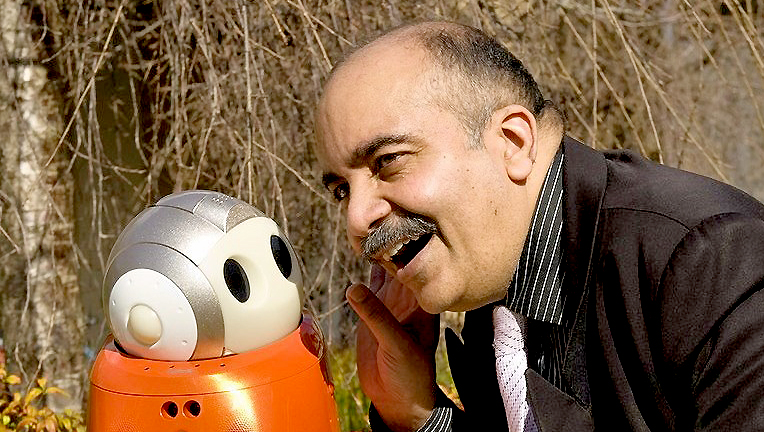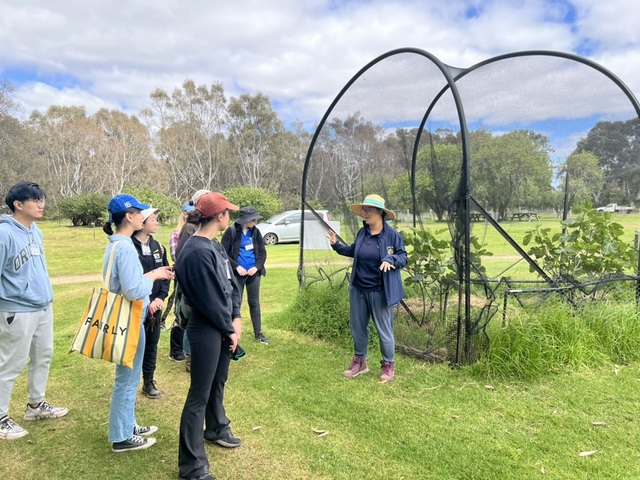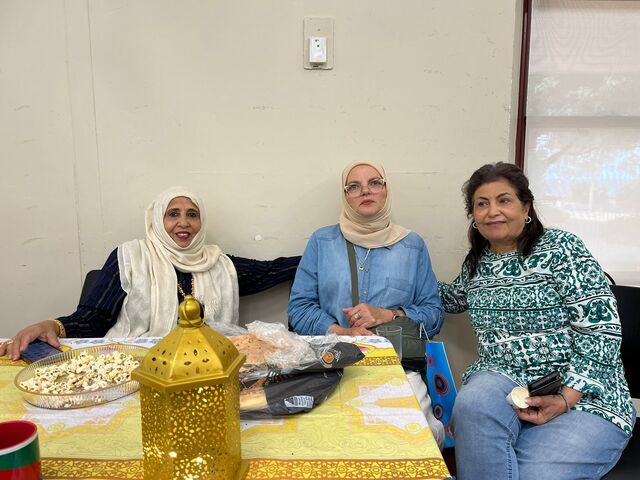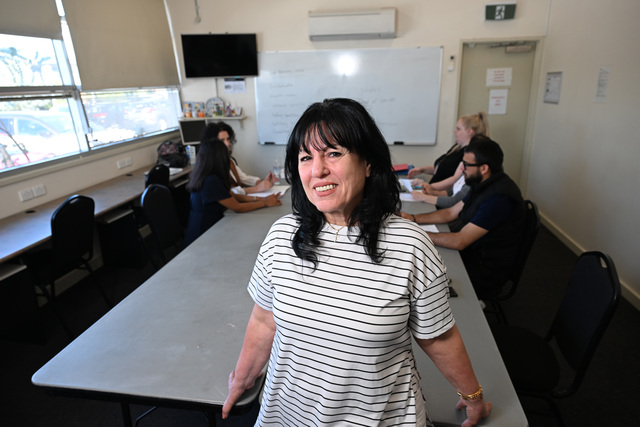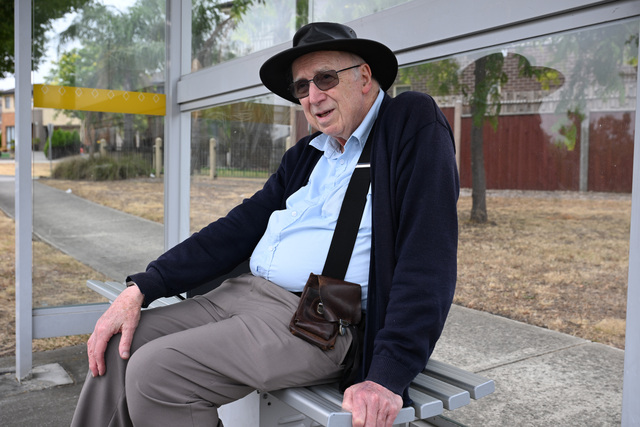They can talk, sing, play games, tell the weather, read the newspaper or send an email … and they may revolutionise our future.
These humble robots were the stars of the show at Whittlesea last week when La Trobe University professor Rajiv Khosla and his team presented the findings of their trial using computer-programmed robots as part of home-based dementia care.
Earlier this year, Professor Khosla, who is director of the university’s Research Centre for Computers, Communication and Social Innovation at Bundoora, partnered with Whittlesea council on this world-first trial to deploy robots in homes to help people with mild to moderate memory loss. The project was funded by Alzheimer’s Australia and the robots provided by NEC Japan.
The trial, involving nine Whittlesea couples, aimed to see how people with mild to advanced dementia would react to a robot, how they would use it at home, and whether the robot could improve the quality of life for dementia sufferers and provide respite to their carers.
Couples had use of their robot for up to seven months and could communicate with it using voice commands, facial identification and a touch panel.
In return, robots could analyse the facial expressions of their human partners to find how they were feeling, and smile or frown as the mood decreed. On command they could sing, dance, blush, make phone calls, tell jokes and read aloud in an Australian accent.
Professor Khosla said the trial had definitely increased the social connectedness of human participants.
He said all services provided by the robots were designed to match the lifestyle of participants. The aim is to make the robots accessible and affordable for families, Professor Khosla said, adding that the next step was to undertake a longer study involving robots in nursing homes.
“They could revolutionise the way we look after older people with dementia,” he said.

